8 Best Winter Fruits and Their Benefit
Written by Ivy
Nov 02 2021
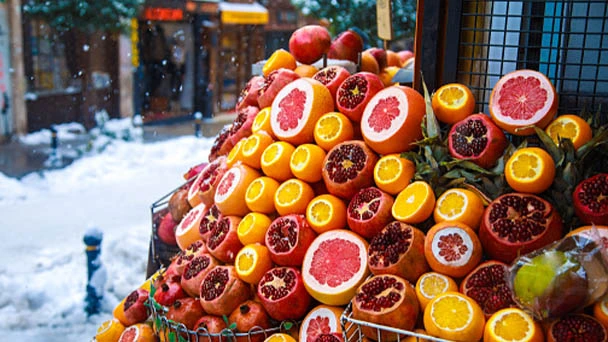
What fruit is better to eat in winter? In winter, the weather is very cold and dry. Many people's bodies will be weak and their hands and feet will be cold. As we all know, fruit is still to be eaten. It is the most nutritious in the season. Next, I will recommend 8 kinds of winter fruits and their benefits.
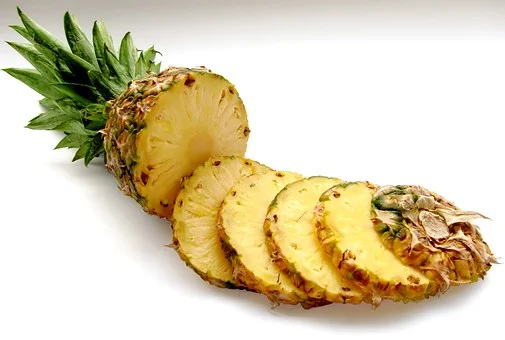 Pineapple fruit is rich in juice, soft and crisp fiber, moderate sour and sweet, fragrant and delicious. It especially contains a natural digestive component, called pineapple enzyme, which is similar to papaya enzyme. This winter fruit can decompose protein, help digestion and promote appetite. It is most beneficial to dietary health care after eating. This winter fruit has medical functions, such as diuresis, antipyretic, heatstroke, alcohol, blood pressure, anti-cancer and so on.
Pineapple fruit is rich in juice, soft and crisp fiber, moderate sour and sweet, fragrant and delicious. It especially contains a natural digestive component, called pineapple enzyme, which is similar to papaya enzyme. This winter fruit can decompose protein, help digestion and promote appetite. It is most beneficial to dietary health care after eating. This winter fruit has medical functions, such as diuresis, antipyretic, heatstroke, alcohol, blood pressure, anti-cancer and so on.
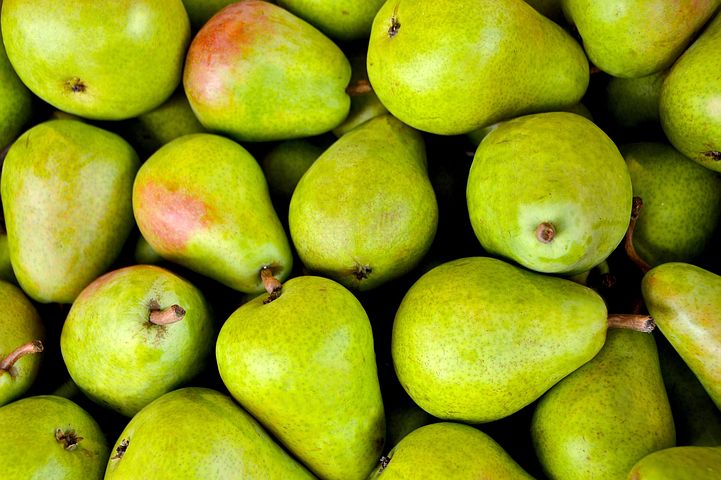 Pear has the effect of relieving lung cough, because pear juice is rich and the content of trace elements and vitamins is very high. When we cough, the effect of eating pear is particularly obvious. This winter fruit is rich in moisture and vitamins, which are also very good for the skin. Vitamin C has an obvious effect on whitening the skin. In addition, the potassium element in this winter fruit can well supplement the physical strength that the human body lacks.
Pear has the effect of relieving lung cough, because pear juice is rich and the content of trace elements and vitamins is very high. When we cough, the effect of eating pear is particularly obvious. This winter fruit is rich in moisture and vitamins, which are also very good for the skin. Vitamin C has an obvious effect on whitening the skin. In addition, the potassium element in this winter fruit can well supplement the physical strength that the human body lacks.
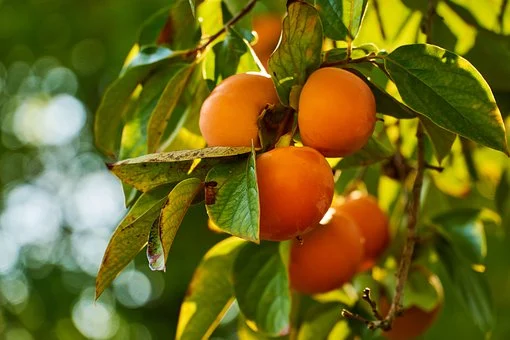 We can clear away heat and moisten the lungs by eating persimmon in winter. For cough, expectoration and hemoptysis caused by lung heat, thirst, dry mouth and mouth sore caused by fever, proper eating persimmon has good benefits of clearing heat and moistening the lungs and alleviating the above symptoms.This winter fruit can produce saliva and quench thirst, which is good for dry throat and hoarseness. Eating persimmon properly has the advantages of producing saliva and quench thirst.
We can clear away heat and moisten the lungs by eating persimmon in winter. For cough, expectoration and hemoptysis caused by lung heat, thirst, dry mouth and mouth sore caused by fever, proper eating persimmon has good benefits of clearing heat and moistening the lungs and alleviating the above symptoms.This winter fruit can produce saliva and quench thirst, which is good for dry throat and hoarseness. Eating persimmon properly has the advantages of producing saliva and quench thirst.
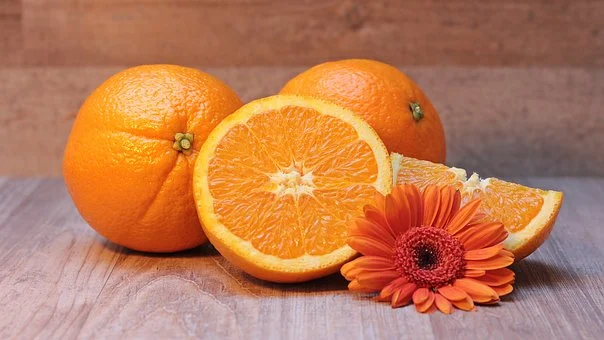 Vitamin C in orange can inhibit the conversion of cholesterol into bile acids and reduce the concentration of cholesterol in bile. This winter fruit is rich in flavonoids and vitamin C, which can promote skin metabolism, increase skin capillary resistance and prevent colds. We should not drink milk before and 1 hour after eating this winter fruit, because the protein in milk will coagulate when encountering acid, affecting digestion and absorption.
Vitamin C in orange can inhibit the conversion of cholesterol into bile acids and reduce the concentration of cholesterol in bile. This winter fruit is rich in flavonoids and vitamin C, which can promote skin metabolism, increase skin capillary resistance and prevent colds. We should not drink milk before and 1 hour after eating this winter fruit, because the protein in milk will coagulate when encountering acid, affecting digestion and absorption.
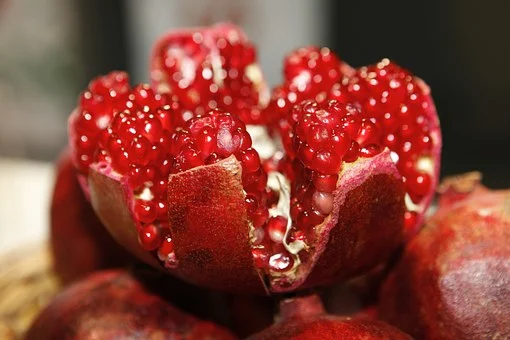 Pomegranate contains a variety of organic acids such as pomegranate acid, which can help digestion and absorption and enhance appetite. This winter fruit has obvious astringent, bacteriostatic and antiviral effects. Vitamin C and carotene contained in this winter fruit are antioxidants, which can prevent cell canceration and atherosclerosis.
Pomegranate contains a variety of organic acids such as pomegranate acid, which can help digestion and absorption and enhance appetite. This winter fruit has obvious astringent, bacteriostatic and antiviral effects. Vitamin C and carotene contained in this winter fruit are antioxidants, which can prevent cell canceration and atherosclerosis.
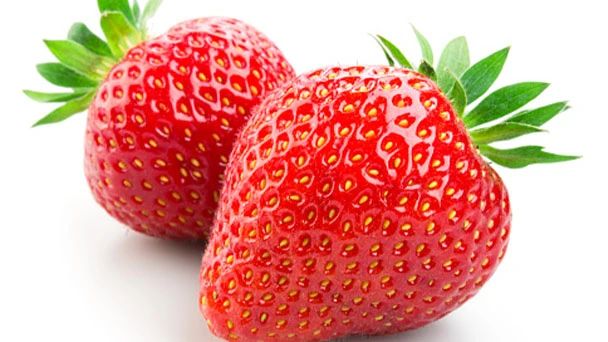
The pulp of this winter fruit is sour, sweet and juicy. It contains a variety of organic acids. It has the effects of generating saliva, moistening lung, strengthening spleen and stomach.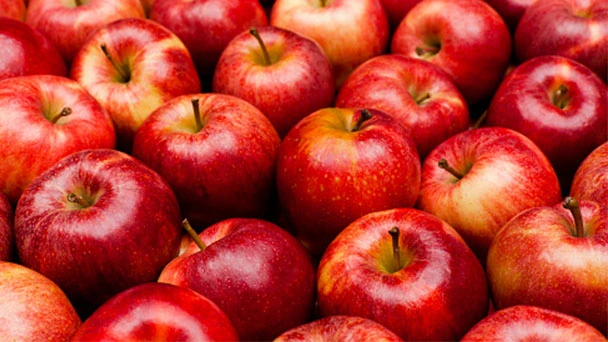
Phosphorus, iron and other elements contained in this winter fruit are easily absorbed by the intestinal wall and have the effects of Tonifying the brain, nourishing blood, calming the mind and sleeping.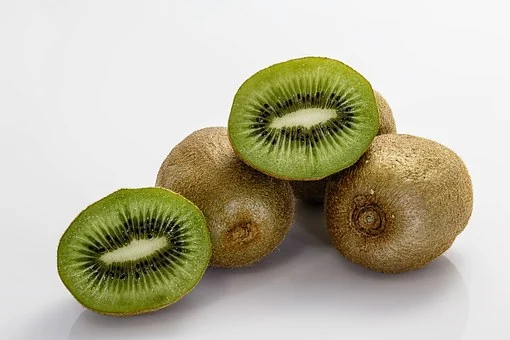 Kiwi is rich in vitamin C, has antioxidant function and plays a positive role in eliminating human wrinkles and fine lines. Kiwi is rich in dietary fiber, which can not only reduce cholesterol and promote heart health, but also help digestion, detoxification, prevent constipation, and effectively remove and prevent harmful metabolites accumulated in the body.
Kiwi is rich in vitamin C, has antioxidant function and plays a positive role in eliminating human wrinkles and fine lines. Kiwi is rich in dietary fiber, which can not only reduce cholesterol and promote heart health, but also help digestion, detoxification, prevent constipation, and effectively remove and prevent harmful metabolites accumulated in the body.
Read Next:
19 Best Healthy Fruits That Can Improve Your Immune
1. Pineapple

2. Pear

3. Persimmon

4. Orange

5. Pomegranate

6. Strawberry
Strawberries can prevent scurvy, arteriosclerosis and coronary heart disease. Strawberry has a certain tonic and conditioning effect on people with anemia. If we often eat strawberries, they have health effects on our skin and hair.
The pulp of this winter fruit is sour, sweet and juicy. It contains a variety of organic acids. It has the effects of generating saliva, moistening lung, strengthening spleen and stomach.
7. Apple
Apple varieties with rich nutrients include Gala apple, Fuji apple, Arkansas black apple, etc. Eating more apples can improve memory and intelligence. Apples are not only rich in sugar, vitamins and minerals, but also rich in zinc.
Phosphorus, iron and other elements contained in this winter fruit are easily absorbed by the intestinal wall and have the effects of Tonifying the brain, nourishing blood, calming the mind and sleeping.
8. Kiwi

Read Next:
19 Best Healthy Fruits That Can Improve Your Immune
Latest Updated
- Benefits of Bugleweed - 7 Science-backed Health Benefits
- Bugleweed Dangers & Side Effects - Is It Poisonous?
- How to Plant Evergreen Trees - What You Should Know
- When to Plant Evergreens - Grow Guide for Evergreen Trees
- 12 Wonderful Evergreen Shrubs for Your Garden
- 12 Popular Evergreen Plants with Pictures for Beginners
- When And How To Prune A Lilac Bush Like a Pro
- How to Grow & Care for Lilac Vine (Hardenbergia Violacea)
- Japanese Lilac Tree (Syringa Reticulata) Care & Propagation Guide
- Shumard Oak Pros and Cons - What to Know
Popular Articles
- Winter maintenance of Antirrhinum Majus
- How to Grow Terminalia Mantaly Tree
- How to Grow and Care for Crossostephium Chinense
- How to grow Antirrhinum Majus in spring
- Peristeria Elata (Dove Orchid) Profile: Info & Care Guide
- Underwatered Snake Plant (Sansevieria Trifasciata) - Signs And How To Fix
- How to Care for Brazilian Jasmine Plant (Mandevilla Sanderi)
- How to Grow & Care for Graptopetalum Purple Delight in Summer
- Rosa Chinensis (China Rose): Plant Growing & Care Tips
- How to Care for Baby Sun Rose (Aptenia Cordifolia)